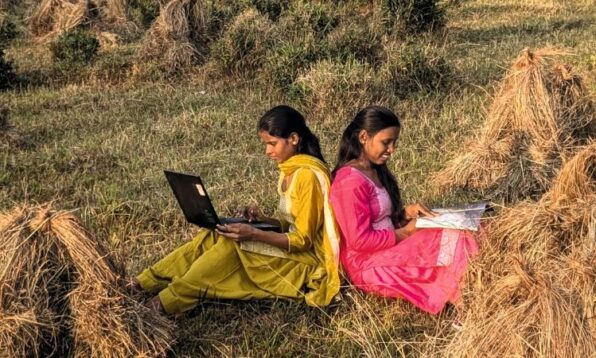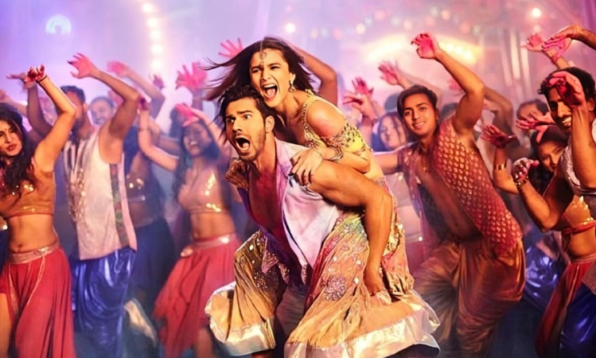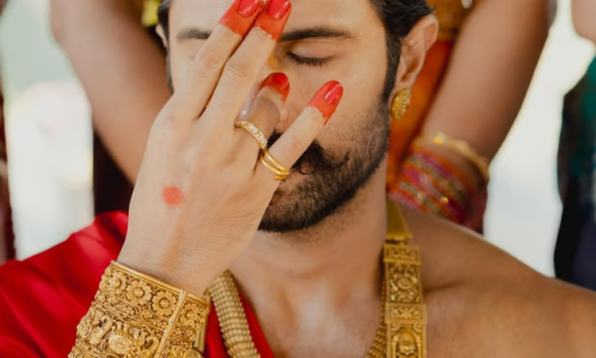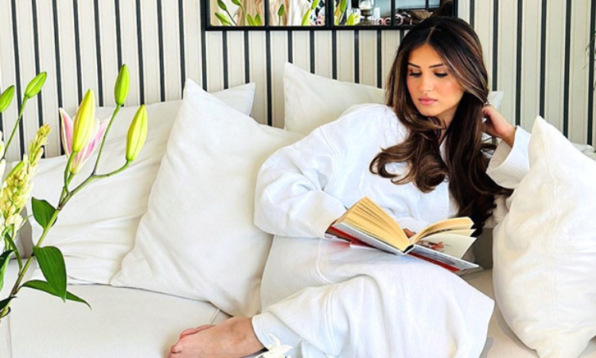Patriarchy is a word that has become part of regular conversation, at least in urban settings. So much so that it is now very close to becoming a punch line for bad WhatsApp jokes, but while this inevitable regression happens, it would be wise for us to remember how much patriarchy affects our lives and how much it still holds women back. In fact, most of us, even those who are vocal against sexist practices, end up making assumptions rooted in harmful patriarchal notions every day. Here are a few examples of patriarchy we may not even realise are part of our everyday lives.
When we assume a doctor is a man
How many times do we use the pronouns ‘he’ or ‘him’ when someone is talking about a doctor? Let’s admit it, the default pronouns for a doctor are almost never ‘she’ or ‘her’ in everyday parlance.
How is it harmful?
We overlook the achievements of female doctors and make them think that they have to work harder than men to prove themselves at work. One can only imagine the mental and emotional strain this would add to the already stressful life of a doctor. Also, by letting this sexist notion settle in our thinking, we allow people around us to assume that women are not as good as men in the medical field. This harms women directly, of course, but these biases can also be fatal in emergencies if people refuse to be examined by a female doctor.
What can we do?
Before correcting anyone else, we need to be conscious of our own ingrained biases. Any time we find ourselves assuming gender, we need to correct ourselves. When we hear people disregarding women in medicine, we should be vocal against it and tell them why they’re wrong.

When we wax eloquent about Maa ke haath ka khaana
Maa ke haath ka khaana only evokes smiles and good memories for most of us. But no one questions why we only remember maa ke haath ka khaana and not papa ke haath ka khaana. No one asks why our mothers were always in the kitchen alone.
How is it harmful?
Because of the nostalgia associated with maa ka khaana, we expect future generations of mothers to give a similar experience to their kids. Whether or not they want to. This also perpetuates harmful gender stereotypes that expect women to prioritise their homes and families over their careers and men, on the other hand, are expected to be terrible at making a home and have a limited role in a child’s life.
What can we do?
If you are a parent, you can show your child gender equality at home. A father can cook meals for their family regularly and mothers can have the freedom to stay late at work without worrying about who’s looking after the kids. If you are not a parent, take over from your mom in the kitchen and give her a much-needed break from carrying the weight of your nostalgia.
When we tell people to “man up” or “grow a pair”
For unknown reasons, bravery is associated with men and their genitals. Hence, the terms “grow a pair” or “man up” are used to tell someone to be brave and face a situation head-on. However, this directly implies that women are not brave which we all know to be false.
How is it harmful?
Apart from assuming that women are weak, we put the onus of being brave on men alone. But it’s only human to be scared and want to be protected in certain situations. It is perfectly valid for men to want protection in scary situations as much as women. When we assume that a man is brave, we force him to act in a way that may be potentially harmful to him.
What can we do?
We can stop using masculine terms for traits like bravery and thinking of femininity as a weakness. When we acknowledge that women can be strong, we give men the space to be more honest and open about how they’re feeling, leading to happier, more peaceful relationships between men and women. Isn’t that what all of us want anyway?
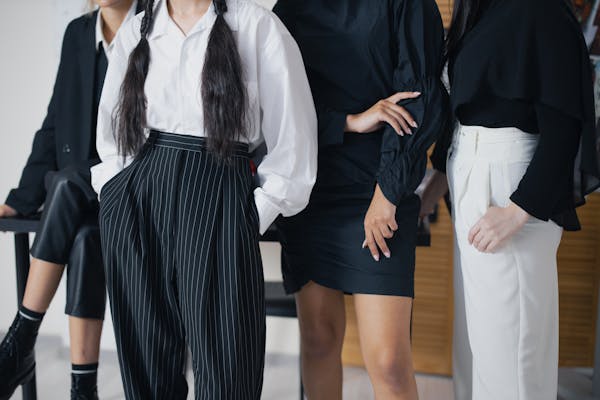
Such examples may sound harmless when they come up in casual conversations, but please remember these assumptions have a continuing effect that can last generations. These are only a few examples of patriarchy in our daily lives. Let us know in the comments what you’ve heard or caught yourself saying that promotes gender inequality.
Featured Image Source
Related: What Is International Men’s Day? Why Does It Exist?: Aunty Eve Seeks Answers

 Web Stories
Web Stories




